The field of software development has been transformed by artificial intelligence (AI), making it faster and more efficient than ever. For developers, AI-powered tools now offer automation, intelligent insights, and predictive capabilities that streamline coding, testing, debugging, and project management. From enhancing productivity to improving code quality, these tools have become invaluable assets for developers across all experience levels.
This guide explores the top 100 best AI-powered tools for developers, covering a wide range of functionalities. Each tool offers unique features to address specific needs, from writing code to optimizing software deployment, helping developers leverage AI to streamline their workflows and enhance their applications.
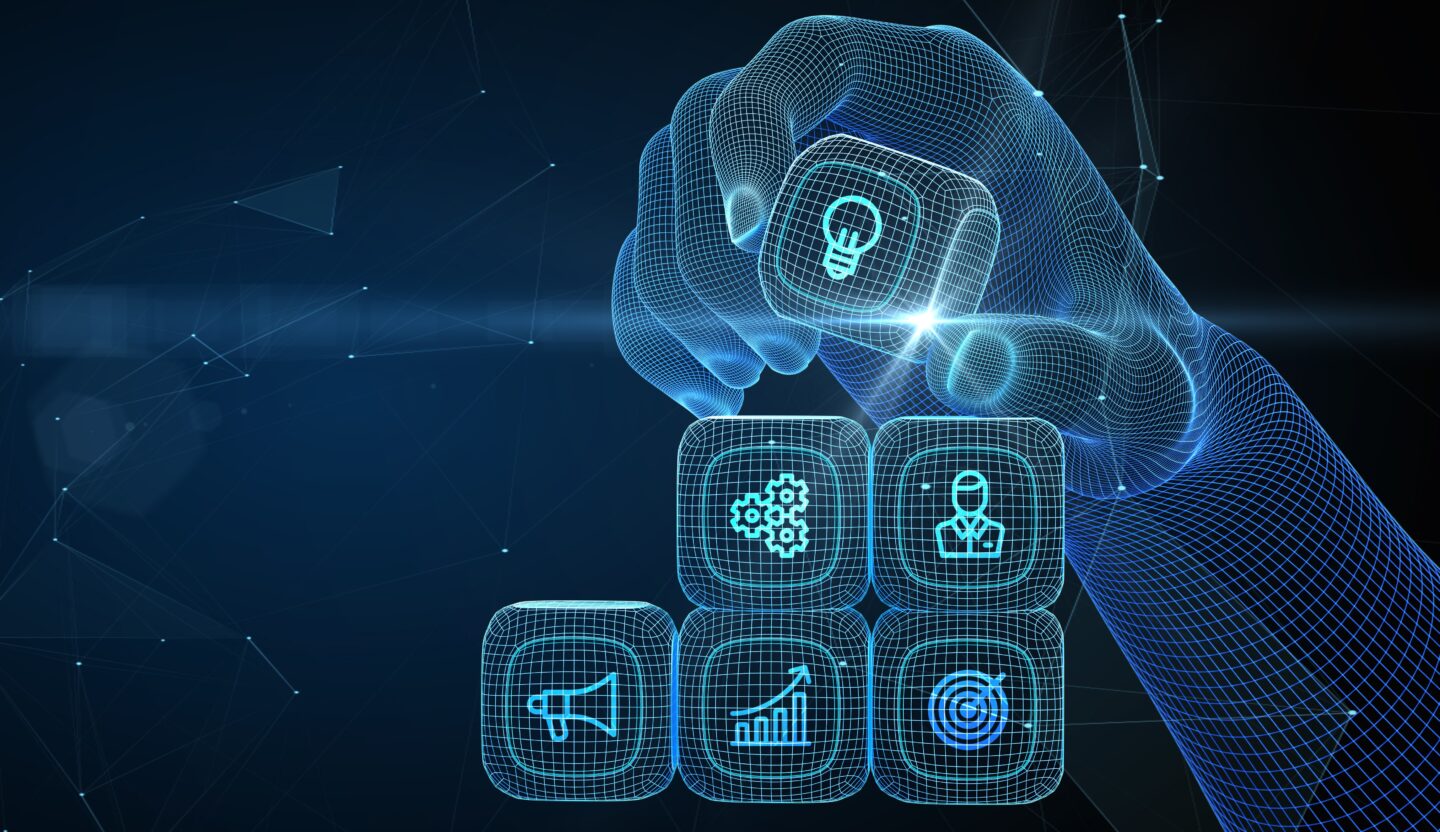
1. GitHub Copilot
GitHub Copilot, powered by OpenAI’s Codex, offers intelligent code suggestions directly within the code editor. It autocompletes code snippets, suggests entire functions, and even writes code from comments, making coding faster and more intuitive. GitHub Copilot is compatible with popular IDEs like Visual Studio Code, and it has become essential for developers seeking to boost productivity.
2. Tabnine
Tabnine is an AI-powered coding assistant that provides code completions based on learned coding patterns. Supporting multiple languages and IDEs, Tabnine can suggest code based on context and integrates with various development environments. It’s designed to adapt to individual coding styles, making it a versatile choice for developers looking for smarter code predictions.
3. DeepCode
DeepCode is an AI-driven code review tool that analyzes code for bugs, security vulnerabilities, and performance issues. By leveraging machine learning, DeepCode offers actionable insights and fixes. It supports several programming languages and integrates with GitHub, GitLab, and Bitbucket, enhancing code quality and security.
4. Kite
Kite is an AI-powered code completion tool tailored for Python developers, though it also supports JavaScript. Kite’s Copilot functionality provides real-time suggestions based on context and code structure, speeding up the development process. It’s especially useful for data science and machine learning developers working in Python-heavy environments.
5. Codota
Codota, now merged with Tabnine, offers AI-driven code completions for Java and Kotlin. Codota analyzes billions of lines of code to suggest accurate code completions. It’s widely used in Android development and helps developers write code faster by providing reliable suggestions and reducing typing time.
6. PyCharm
JetBrains’ PyCharm IDE is enhanced with AI-powered features like smart code completion, error detection, and refactoring suggestions. While not exclusively AI-powered, its deep integration with machine learning libraries and Python frameworks makes it a preferred choice for Python developers, particularly in the AI and machine learning domains.

7. Snyk
Snyk is a security-focused tool that uses AI to detect vulnerabilities in code dependencies. It helps developers secure their applications by identifying risks in open-source libraries and suggesting fixes. Snyk integrates with popular IDEs, version control systems, and CI/CD pipelines, ensuring code security from the early stages of development.
8. Replit Ghostwriter
Replit’s Ghostwriter offers AI-powered code completion and bug-fixing assistant that works within the Replit online IDE. With the capability to write entire functions, offer code suggestions, and debug code, Ghostwriter makes coding faster and more intuitive, particularly for collaborative and educational environments.
9. OpenAI Codex
Codex by OpenAI, the technology behind GitHub Copilot, can generate code from natural language prompts. It supports numerous programming languages, enabling developers to write code more efficiently. Codex can be integrated into custom applications, making it a flexible choice for developers looking to incorporate AI into their workflows.
10. Amazon CodeGuru
Amazon CodeGuru is a developer tool powered by machine learning, focusing on code reviews and application performance. It reviews code for potential issues, suggests fixes, and optimizes applications based on learned patterns. CodeGuru integrates with AWS services and is designed for Java and Python applications, making it ideal for cloud-native development.
11. DataRobot
DataRobot is an AI-powered platform for building, deploying, and managing machine learning models. It enables developers and data scientists to automate the machine learning lifecycle. DataRobot’s end-to-end solutions and compatibility with various data sources make it an ideal choice for AI and ML application development.
12. Spell
Spell is a machine-learning infrastructure platform that simplifies model training and experimentation. With AI-powered automation, Spell allows developers to run ML models on cloud or on-premise infrastructure. Its user-friendly interface and scalability make it a preferred choice for developers looking to train and deploy models without complex infrastructure management.

13. Hugging Face
Hugging Face is a platform for natural language processing (NLP) tools and models. It provides a library of pre-trained NLP models and datasets that can be easily integrated into applications. Hugging Face is ideal for developers working on language-based applications and provides an accessible API for NLP tasks like text generation and classification.
14. IBM Watson
IBM Watson offers AI-powered services for natural language understanding, machine learning, and data analysis. Developers can integrate Watson APIs into their applications to enable AI-driven capabilities like chatbots, image recognition, and speech-to-text. Watson’s suite of tools is well-suited for enterprise-level applications requiring robust AI solutions.
15. Code Climate
Code Climate provides an AI-driven solution for analyzing code quality and maintainability. Its platform offers detailed insights into code structure, helping developers improve performance, maintain consistency, and reduce technical debt. Code Climate integrates with various version control systems, making it a valuable asset for team-based projects.
16. Diffblue Cover
Diffblue Cover is an AI-powered tool for automated test generation in Java applications. It creates unit tests based on code patterns, helping developers maintain high test coverage and detect issues early. Diffblue Cover’s AI-driven approach streamlines testing, particularly for complex applications that require extensive testing.
17. SonarQube
SonarQube is a code quality analysis tool that uses machine learning to detect bugs, vulnerabilities, and code smells. It supports multiple programming languages and provides detailed reports on code quality, making it essential for maintaining high coding standards and improving security within development teams.
18. Clara
Clara is an AI-powered project management assistant designed for development teams. It helps automate scheduling, communication, and task assignments by understanding natural language commands. Clara streamlines project management, making it easier for teams to focus on coding while keeping tasks organized.

19. Jupyter Notebook with JupyterLab
Jupyter Notebook, especially in the JupyterLab environment, supports AI-powered plugins for data analysis and visualization. It’s widely used in data science and machine learning, allowing developers to explore datasets, prototype models, and visualize results. Jupyter’s flexibility and integration with ML libraries make it indispensable for AI-driven development.
20. DVC (Data Version Control)
DVC is a version control system specifically designed for data science projects. It uses machine learning to track data, models, and experiments, making it easier to manage datasets and collaborate on ML projects. DVC integrates with Git and simplifies data versioning, which is essential for reproducible machine learning workflows.
21. Visual Studio IntelliCode
Visual Studio IntelliCode is an AI-powered extension for Visual Studio that provides code suggestions based on best practices derived from thousands of open-source projects. It enhances developer productivity by offering intelligent suggestions for common functions and auto-completions, making coding faster and more efficient in both C# and Python.
22. Microsoft Azure Machine Learning
Azure Machine Learning is a cloud-based platform for building, training, and deploying machine learning models. It provides developers with a range of tools and services for creating AI-driven applications, with support for automation, model monitoring, and scalability. Azure’s deep integration with other Microsoft services makes it a powerful choice for enterprise developers.
23. CodeGuru Reviewer
Amazon’s CodeGuru Reviewer provides automated code reviews powered by machine learning, identifying issues and suggesting improvements. Designed for Java and Python, it integrates with GitHub and offers actionable insights that help developers optimize code quality and performance.
24. TensorFlow
TensorFlow, developed by Google, is a popular open-source library for machine learning and deep learning. It allows developers to build complex neural networks and supports a vast ecosystem of tools, from TensorFlow Lite for mobile to TensorFlow Extended (TFX) for production-level ML pipelines, making it a versatile choice for any AI project.
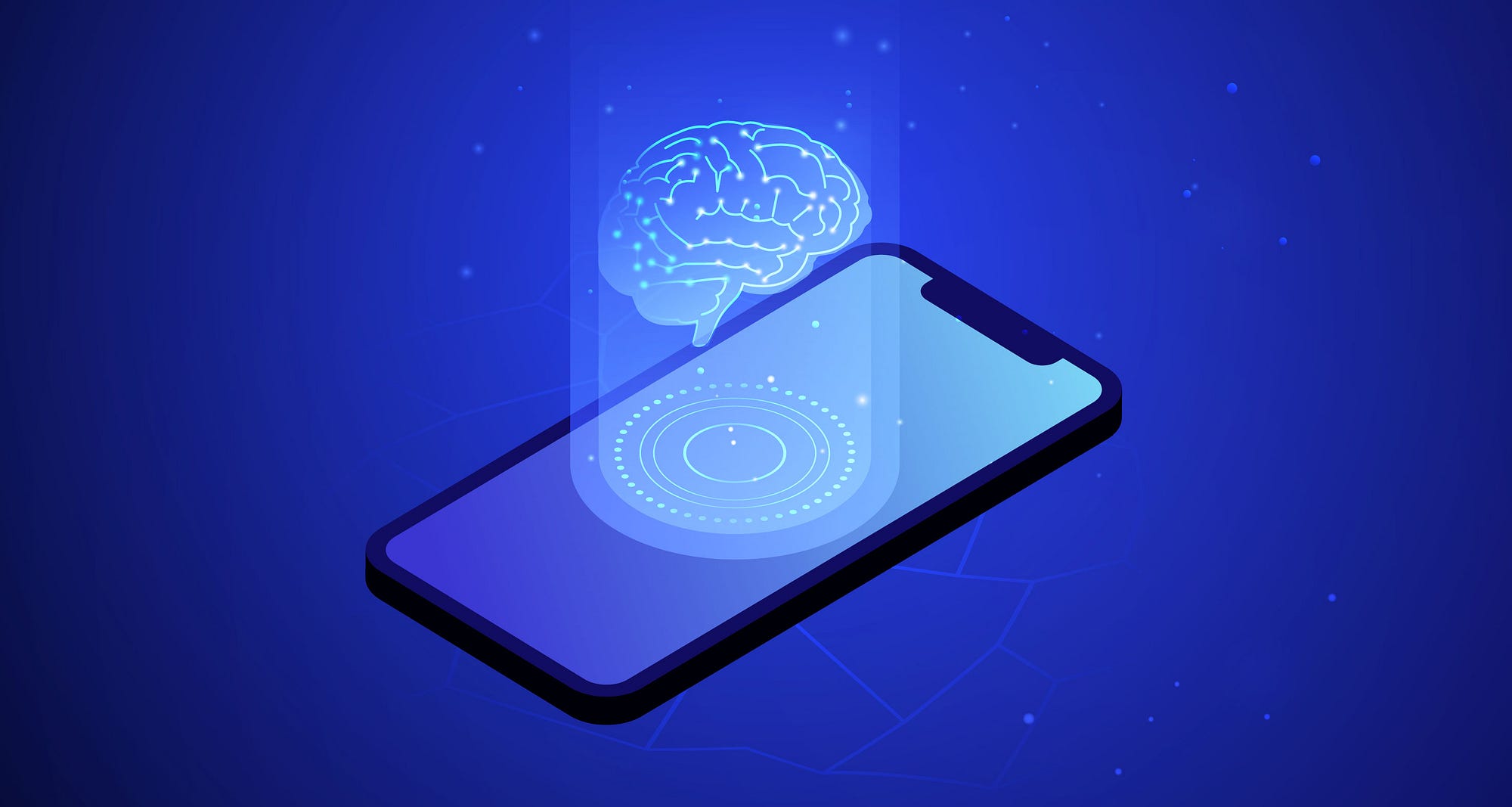
25. Codex CLI
Codex CLI is an OpenAI-powered command-line tool that interprets natural language commands and translates them into shell commands. This tool simplifies complex command-line operations, allowing developers to use natural language to perform tasks such as file management and data processing directly from the terminal.
26. Perplexity AI
Perplexity AI is an advanced NLP tool that provides accurate and detailed information retrieval. It uses AI to offer smart suggestions and answers based on natural language input. This tool is particularly useful for developers who need precise information quickly, such as code documentation or API specifications.
27. IBM Cloud Pak for Data
Cloud Pak for Data is IBM’s fully integrated data and AI platform, designed to streamline data science workflows. It provides end-to-end capabilities for data collection, organization, analysis, and AI model deployment, making it ideal for large-scale enterprise projects.
28. Auger.ai
Auger.ai offers automated machine learning (AutoML) services that help developers build ML models quickly without extensive ML knowledge. It automates data preprocessing, model selection, and hyperparameter tuning, making it suitable for developers who want to integrate AI into applications with minimal setup.
29. Paperspace Gradient
Gradient by Paperspace provides cloud-based resources for machine learning and deep learning. With GPU acceleration and support for popular frameworks like TensorFlow and PyTorch, Gradient enables developers to experiment and train models faster, reducing infrastructure constraints and setup time.
30. Spellbook by Adept AI
Spellbook is an AI-powered IDE plugin that generates suggestions and assists with code completion across different languages. Known for its efficiency and accuracy, Spellbook offers recommendations that align with coding best practices, enabling developers to maintain code quality and consistency.

31. SpellCheck by Grammarly for Developers
Grammarly’s SpellCheck tool offers advanced NLP-powered text analysis for improving code documentation, comments, and user-facing messages. While it’s not a typical development tool, Grammarly’s integration into development environments ensures that developers can write clear, grammatically correct documentation.
32. GitLab Auto DevOps
GitLab’s Auto DevOps feature uses machine learning to streamline CI/CD processes by automatically detecting, testing, and deploying code. With a focus on DevOps automation, it simplifies application deployment and enables continuous delivery, helping developers achieve faster time-to-market for applications.
33. DeepCortex
DeepCortex is an AI-driven platform designed for rapid AI model development. It assists developers in data ingestion, feature engineering, model training, and deployment. Its scalability and automation capabilities make it ideal for enterprise-level AI applications.
34. Apache MXNet
Apache MXNet is an open-source deep learning framework that emphasizes efficient performance and scalability. It supports multiple programming languages, including Python and Scala, and is optimized for speed, making it a suitable choice for developers working on high-performance AI applications.
35. Applica
Applica offers NLP-powered document processing solutions that use AI to automate data extraction from unstructured documents. For developers dealing with data-heavy applications, Applica’s platform accelerates data processing by enabling AI-driven automation and enhancing productivity.
36. C3 AI Suite
The C3 AI Suite is a comprehensive platform for developing, deploying, and operating AI applications at an enterprise scale. It offers pre-built AI models and integrates with multiple data sources, helping developers create AI solutions that can process vast amounts of data and deliver actionable insights.

37. Hugging Face Spaces
Spaces by Hugging Face allows developers to deploy machine learning models on a dedicated web application. It provides a collaborative platform where developers can host models and applications, making it easy to showcase NLP models and receive real-time feedback from users.
38. BigML
BigML is an AutoML platform that simplifies the process of building and deploying machine learning models. It’s user-friendly, with features like one-click model creation, and supports integrations with multiple applications, making it accessible to developers without extensive ML expertise.
39. Genie by Genie AI
Genie by Genie AI assists developers in drafting legal contracts by using machine learning to analyze and suggest clauses. It’s useful for tech teams working on projects requiring compliance, as it automates parts of the legal document creation process, ensuring accuracy and reducing legal risk.
40. Weights & Biases
Weights & Biases is a machine learning platform that helps developers track and visualize training metrics for ML models. It provides tools for hyperparameter tuning, version control, and collaboration, making it ideal for developers working on complex machine-learning projects.
41. Microsoft Project Bonsai
Microsoft Project Bonsai is a reinforcement learning platform that enables developers to train AI agents. It’s designed for creating industrial automation models and is particularly useful for developers working on autonomous systems in fields like manufacturing and robotics.
42. Spell AI
Spell AI offers a cloud-based infrastructure for machine learning model training. It provides tools for experiment tracking, resource management, and scaling, making it ideal for developers focused on research and development in AI.

43. Anaconda
Anaconda is a widely used data science platform that supports Python and R for large-scale data processing. It includes packages and libraries that simplify data analysis and machine learning, making it essential for developers working with data-heavy applications.
44. Microsoft Power BI
Microsoft Power BI offers business analytics services that leverage AI for data analysis and visualization. While it’s mainly a BI tool, Power BI’s integration with machine learning models allows developers to perform predictive analytics within dashboards and reports.
45. PyCaret
PyCaret is a low-code machine learning library in Python that simplifies the model-building process. It automates tasks like data preparation and model selection, enabling developers to experiment with machine learning models quickly without extensive ML knowledge.
46. Roboflow
Roboflow provides tools for computer vision applications, including data management, annotation, and model training. It’s designed to streamline the creation of AI models for image recognition tasks, making it ideal for developers focused on visual data processing.
47. Apache PredictionIO
Apache PredictionIO is an open-source machine learning server that simplifies the process of building, training, and deploying predictive engines. It integrates with Apache Spark and Hadoop, making it suitable for developers working on scalable machine learning applications.
48. AI Dungeon
AI Dungeon is an AI-powered text adventure game, but its underlying model, GPT-3, can be leveraged by developers to create interactive and generative text applications. It serves as a creative tool for developers interested in building AI-driven storytelling applications.
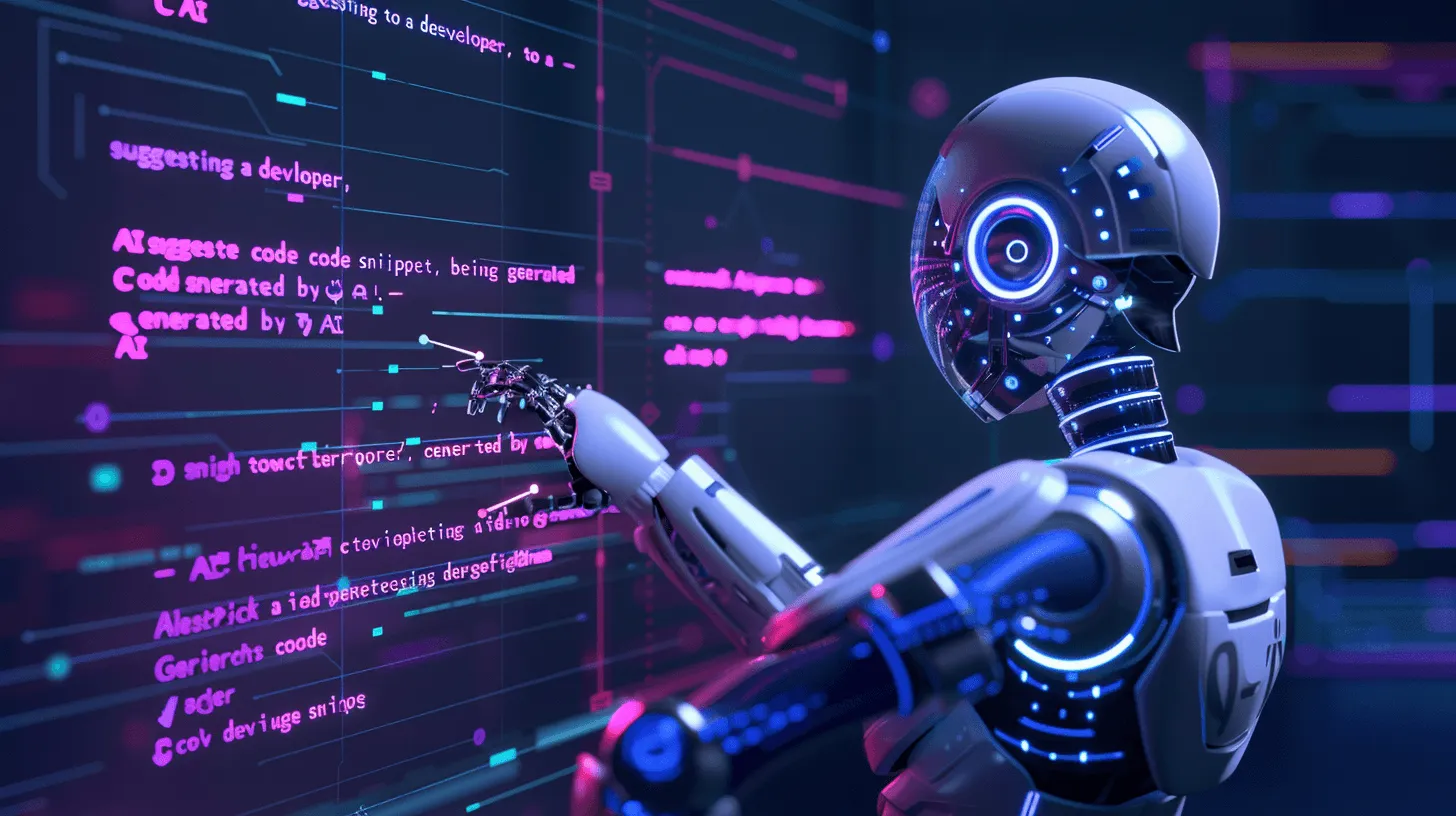
49. Dataiku
Dataiku is an AI and machine learning platform that enables collaborative development for data teams. It offers tools for data wrangling, model building, and deployment, making it ideal for enterprises working on large-scale data projects.
50. Neptune.ai
Neptune.ai offers experiment tracking and model management for machine learning teams. It helps developers log and visualize experiment data, track progress, and manage models, simplifying ML workflow management.
51. DeepL API
DeepL’s AI-powered translation API provides high-quality translation services for multiple languages. For developers working on multilingual applications, DeepL’s integration can enhance user experience by enabling accurate, context-aware translations.
52. H2O.ai
H2O.ai offers AutoML capabilities for building and deploying machine learning models at scale. It provides tools for automated data preprocessing, feature engineering, and model tuning, enabling developers to create accurate models with minimal manual effort.
53. Cognitivescale Cortex
Cognitivescale Cortex is a platform for developing AI-powered applications focused on customer engagement and personalization. It enables developers to integrate contextual AI into applications, enhancing customer experience and engagement.
54. OpenCV AI Kit
OpenCV AI Kit (OAK) is a hardware and software platform for building computer vision applications. It integrates with OpenCV and provides deep learning capabilities, making it ideal for developers focused on embedded vision applications, such as IoT and robotics.
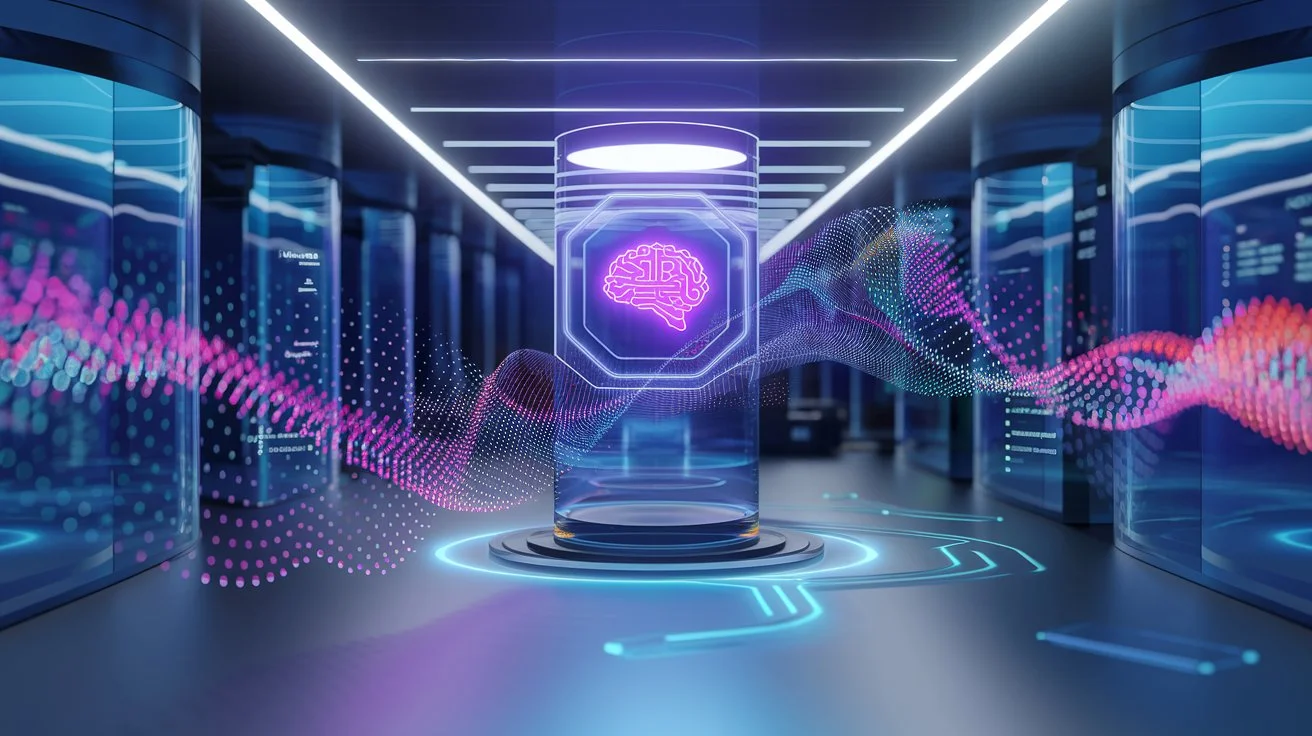
55. Comet.ml
Comet.ml is a platform for tracking machine learning experiments, providing insights into model performance and experiment history. It integrates with popular ML frameworks and allows developers to visualize training metrics and improve model performance.
56. GitGuardian
GitGuardian is an AI-powered security tool that scans code for sensitive information like API keys, passwords, and other credentials. It integrates with repositories on GitHub and GitLab, alerting developers to potential leaks in real time and helping teams maintain secure coding practices.
57. Spell ML
Spell ML offers infrastructure and tools for machine learning experimentation. It automates the resource management needed for running and scaling ML models, making it suitable for developers focused on large-scale experiments and cloud-based training.
58. LightTag
LightTag is an AI-assisted annotation tool designed for natural language processing (NLP) tasks. It simplifies data labelling for text data, making it easier to create training datasets for machine learning applications. LightTag’s interface enables collaboration and integrates well with existing data workflows.
59. Aleph Alpha
Aleph Alpha is a German AI company offering large language models similar to GPT-3, with a focus on European languages and data privacy. Developers can integrate Aleph Alpha’s models into applications to enable AI-driven text generation, summarization, and translation.
60. Cortex Certified
Cortex Certifai is an AI tool that assesses model robustness, fairness, and explainability. It provides developers with insights into model behaviour, helping them understand and improve the fairness of AI models, which is essential for building transparent and ethical AI applications.
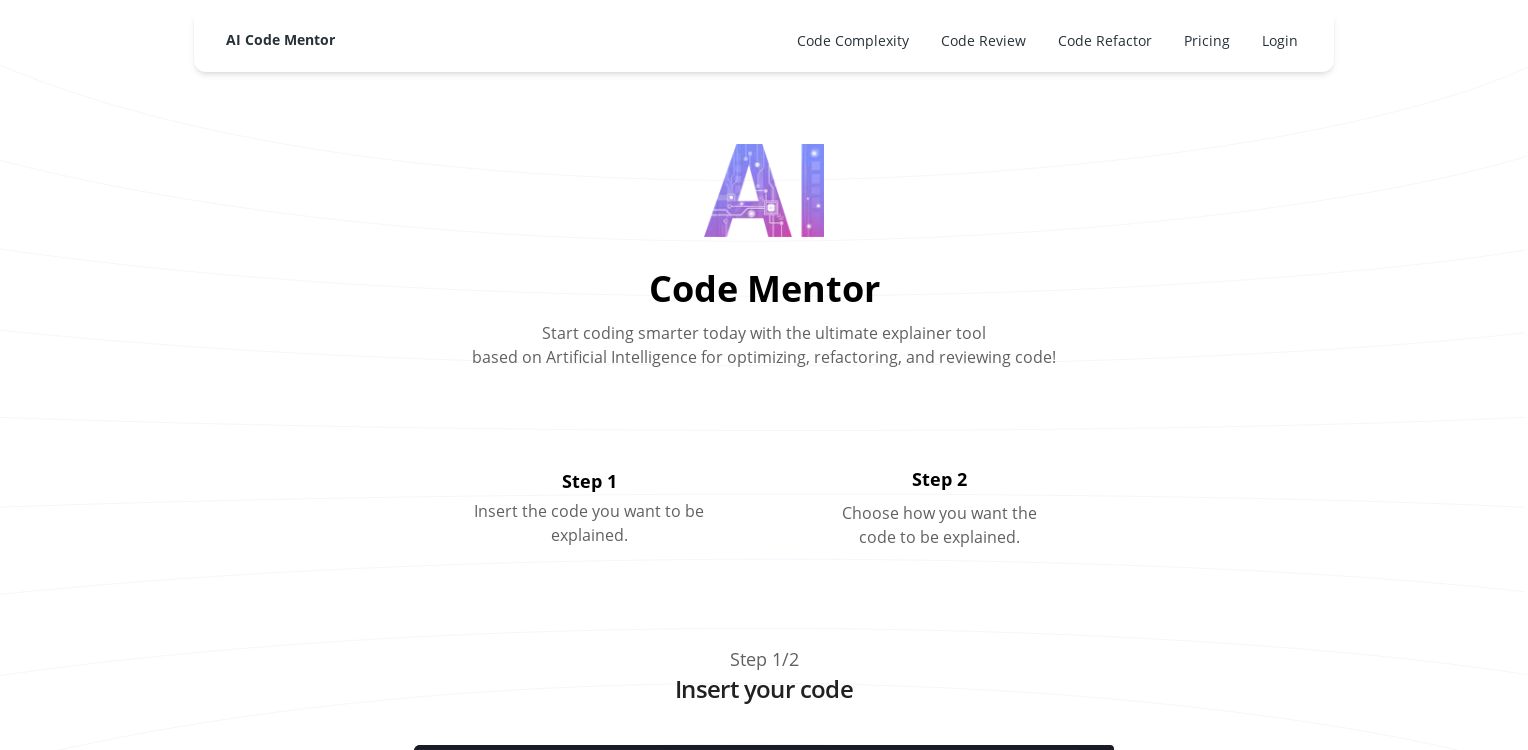
61. Grid.ai
Grid.ai is a cloud infrastructure tool designed to accelerate machine learning by providing GPU resources and automating the training pipeline. Built on PyTorch Lightning, Grid.ai helps developers scale experiments and reduce time-to-training, especially useful for deep learning applications.
62. MindMeld
MindMeld is an open-source NLP platform for building conversational AI applications, such as chatbots and virtual assistants. It provides tools for language understanding, dialogue management, and natural language generation, helping developers create robust conversational experiences.
63. Snorkel
Snorkel is a data labeling tool that uses weak supervision to generate labeled data quickly. It’s especially valuable for developers working on supervised learning tasks who need large amounts of labeled data but face time and budget constraints for manual annotation.
64. OpenAI API
OpenAI’s API provides access to large language models, including GPT-3, which developers can use for a range of applications like chatbots, text analysis, summarization, and code generation. The OpenAI API is flexible and supports customization for industry-specific applications.
65. IBM Watson Studio
IBM Watson Studio is a collaborative AI development environment that allows developers to build and deploy AI models. It supports AutoAI, which automates the machine learning process, and integrates with Jupyter notebooks, making it ideal for end-to-end ML workflows.
66. Alegion
Alegion provides AI-powered annotation services for video, text, and image data. It’s particularly useful for projects requiring high-quality training data for computer vision and NLP, enabling developers to label data accurately and efficiently.
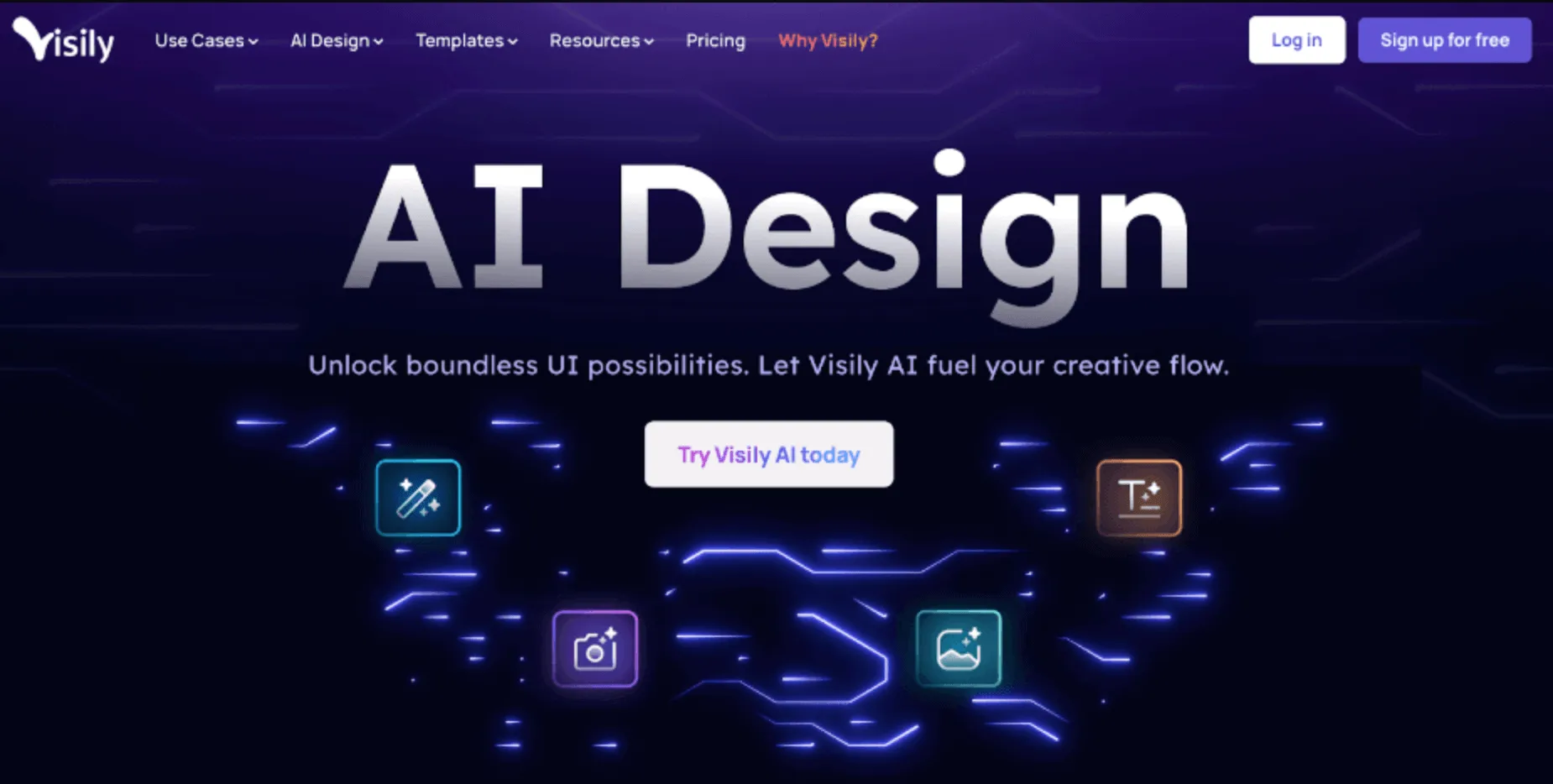
67. Lambda Labs
Lambda Labs offers high-performance GPU cloud services for machine learning. Developers working on intensive AI tasks can use Lambda Labs to scale their training and inference workloads, reducing time and cost associated with infrastructure management.
68. DataRobot MLOps
DataRobot MLOps is an operations-focused tool that helps developers manage, monitor, and deploy machine learning models at scale. It provides features for model versioning, retraining, and deployment, ensuring that models stay accurate and relevant in production.
69. Datadog APM
Datadog’s Application Performance Monitoring (APM) platform leverages AI to analyze application performance data, identify bottlenecks, and suggest improvements. It’s valuable for developers aiming to optimize applications for better performance and scalability.
70. Sherlock ML
Sherlock ML, developed by the UK’s Faculty AI, is a platform for collaborative machine learning, providing tools for data sharing, experiment tracking, and reproducible ML workflows. It’s ideal for teams working on data science projects, offering a shared environment for experimentation.
71. FiftyOne
FiftyOne is an open-source tool for analyzing and visualizing image and video datasets. It helps developers explore and curate large datasets, making it a valuable resource for computer vision projects requiring quality control and dataset improvement.
72. Hugging Face Model Hub
The Model Hub by Hugging Face provides access to a wide range of pre-trained models, particularly for NLP tasks. Developers can use the hub to quickly deploy models or fine-tune them for specific tasks, making it a valuable resource for fast model integration.

73. Hivemind
Hivemind is a library designed for distributed training of deep learning models. Built on PyTorch, it enables decentralized training, making it suitable for researchers and developers working on large models and distributed machine learning projects.
74. Pinecone
Pinecone is a vector database optimized for machine learning applications that involve similarity search, like recommendation engines and semantic search. It provides high-performance vector indexing, allowing developers to store and query embeddings generated by ML models.
75. CrowdFlower (Appen)
CrowdFlower, now part of Appen, offers data annotation services using machine learning and human-in-the-loop models. It’s useful for developers needing accurately labeled datasets for ML models, particularly in areas like computer vision and NLP.
76. Edge Impulse
Edge Impulse is a platform for creating AI models that run on edge devices. It provides tools for data collection, model training, and deployment, making it ideal for developers building IoT and embedded AI applications.
77. BigPanda
BigPanda uses machine learning to detect and resolve IT incidents by correlating alerts from multiple sources. It’s used by DevOps teams to streamline incident response, ensuring system reliability and minimizing downtime.
78. Spellbook by Adept AI
Spellbook is an AI-powered tool that provides real-time coding suggestions and code autocompletions. It supports multiple languages, enhancing the coding experience by learning from the developer’s habits and providing context-aware recommendations.

79. Vertex AI
Vertex AI by Google Cloud provides a suite of tools for building, deploying, and managing machine learning models at scale. It combines Google’s ML operations tools with managed environments, offering developers an integrated platform for end-to-end AI workflows.
80. dotData
dotData automates the process of feature engineering for machine learning. It helps developers build features from raw data without manual coding, saving time on data preparation tasks and improving model accuracy.
81. Pachyderm
Pachyderm is a data science platform that provides data versioning and pipelines for machine learning. It enables reproducible data science workflows, making it easier for developers to track data changes and manage datasets.
82. SigOpt
SigOpt is an optimization platform that uses machine learning to tune hyperparameters for ML models. It automates the experimentation process, helping developers find the most effective configuration to enhance model performance.
83. MonkeyLearn
MonkeyLearn is an AI-powered text analysis tool that offers APIs for sentiment analysis, keyword extraction, and classification. It’s easy to integrate and helps developers add NLP features to applications quickly.
84. Weaviate
Weaviate is an open-source vector search engine optimized for natural language processing and machine learning applications. Developers can use Weaviate to perform semantic search and retrieval tasks using vector representations.

85. FastAPI
FastAPI is a modern, fast web framework for building APIs with Python, and it integrates with machine learning models seamlessly. It’s optimized for performance and is a preferred choice for developers building AI-powered APIs and microservices.
86. Kili Technology
Kili Technology provides an annotation platform for creating high-quality training data for computer vision and NLP projects. It offers AI-assisted labeling, making the data preparation process more efficient.
87. Hopsworks
Hopsworks is an end-to-end data and AI platform that provides a feature store, experiment tracking, and model serving. It’s designed to help developers build and manage ML pipelines in a unified environment.
88. RapidAPI
RapidAPI offers a marketplace of APIs, including AI and machine learning APIs. It enables developers to access and integrate a wide range of AI-powered APIs into their applications, speeding up the development of complex AI functionalities.
89. Lobe.ai
Lobe is an easy-to-use platform for training custom image classification models. It’s particularly useful for developers with minimal AI experience who want to create ML models for visual tasks, offering a drag-and-drop interface.
90. Symbl.ai
Symbl.ai provides conversational intelligence tools that analyze and interpret speech and text. It’s ideal for developers building applications that require speech recognition, real-time transcription, or sentiment analysis.
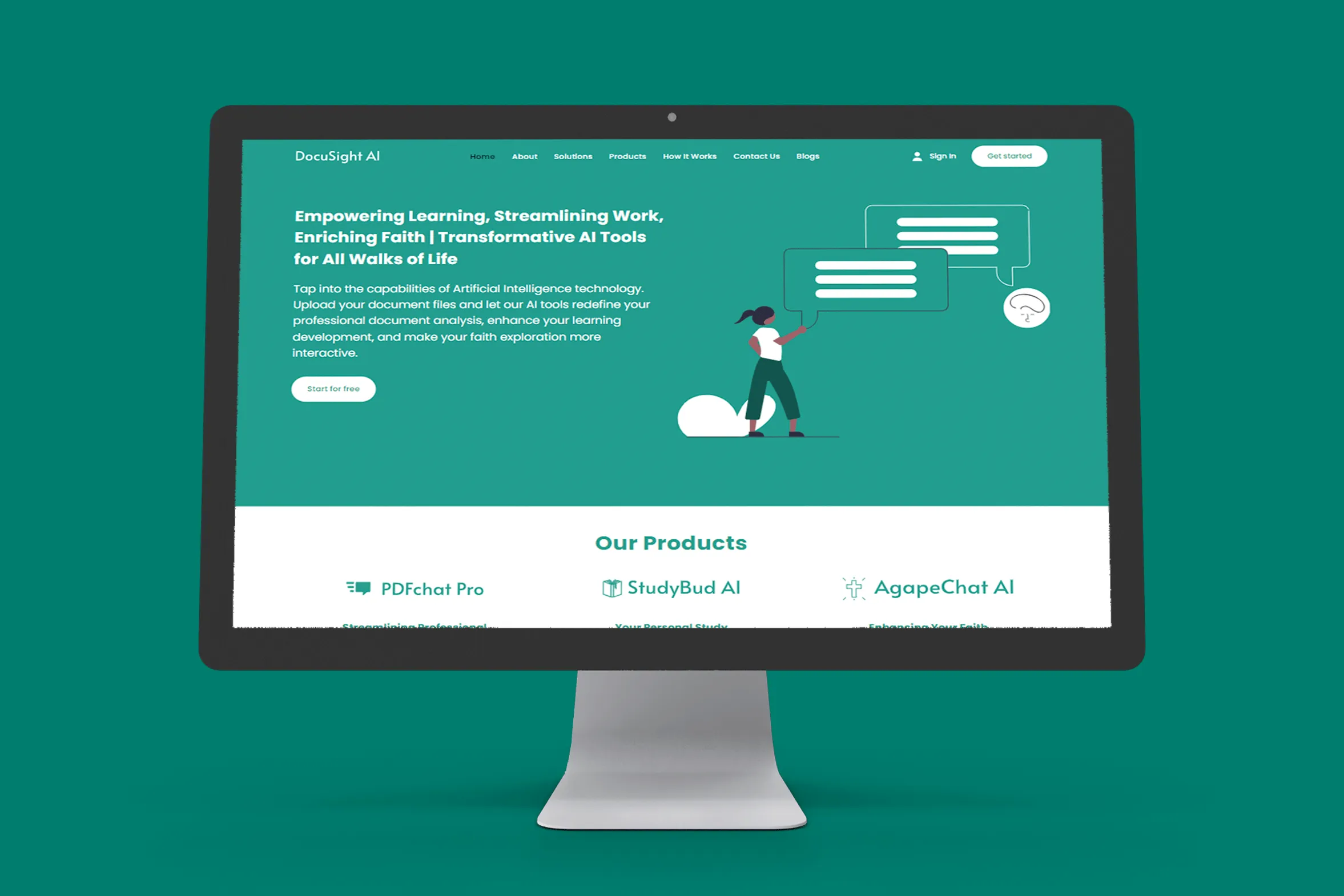
91. NVIDIA Clara
NVIDIA Clara is an AI platform for healthcare and life sciences, offering tools for medical imaging, genomics, and smart hospital applications. Developers in the healthcare field can use Clara to build and deploy AI solutions tailored to medical applications.
92. Infer.net
Infer.net, developed by Microsoft, is a machine learning framework for probabilistic programming. It allows developers to create models that incorporate uncertainty, making it valuable for applications requiring probabilistic inference.
93. Modzy
Modzy is an enterprise AI platform for managing, deploying, and monitoring machine learning models. It provides a marketplace for pre-trained models and tools for model governance, making it suitable for large-scale AI deployment.
94. Zest AI
Zest AI focuses on AI-driven credit scoring and risk analysis. It enables developers in the financial industry to build models that assess credit risk and improve lending decisions, with built-in fairness and interpretability features.
95. Nanonets
Nanonets provides an AI-powered OCR tool for automating document processing. It’s ideal for developers working on applications requiring text extraction and processing from images, such as invoice or receipt management systems.
96. Hugging Face Transformers
The Transformers library by Hugging Face is an open-source collection of state-of-the-art NLP models. It supports BERT, GPT-2, RoBERTa, and other transformer architectures, making it invaluable for developers building advanced NLP applications.
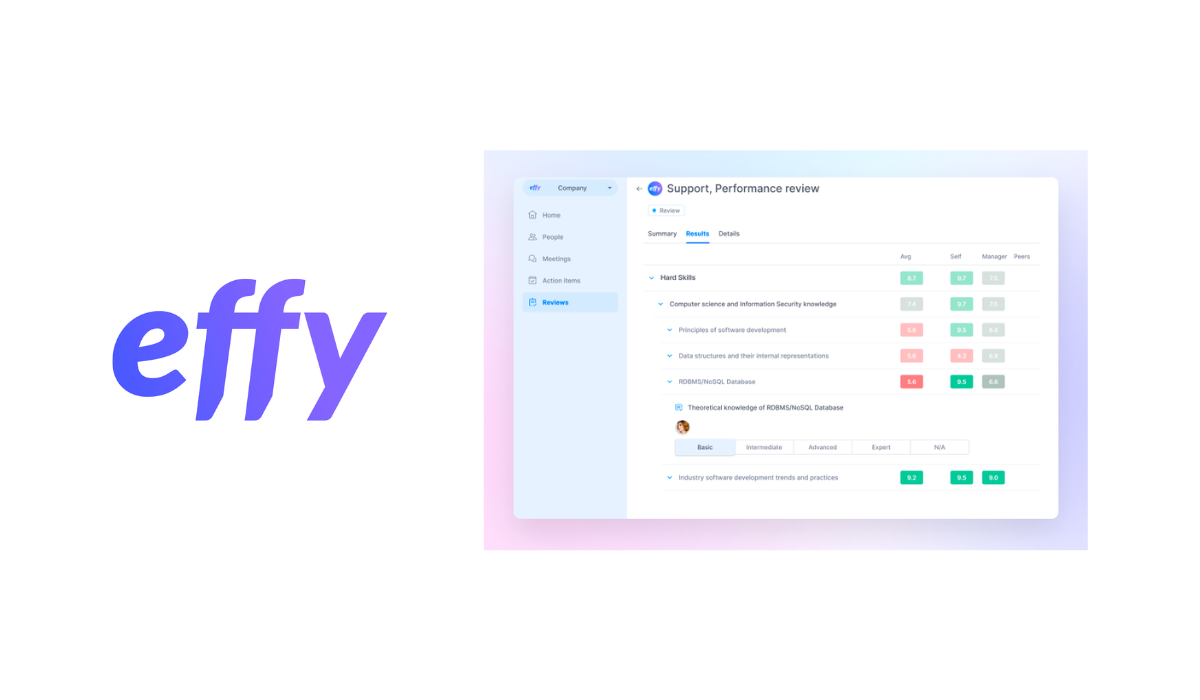
97. Keras
Keras is an open-source neural network library that runs on top of TensorFlow. It simplifies deep learning model development, providing an easy-to-use interface for building and training neural networks.
98. Amazon Polly
Amazon Polly is a text-to-speech service that converts text into lifelike speech. It’s useful for developers creating applications that require speech synthesis, such as virtual assistants and accessibility tools.
99. Clarifai
Clarifai is an AI-powered computer vision platform that enables developers to build image and video recognition applications. It provides pre-trained models for various tasks, including object detection and face recognition.
100. GitHub Actions
GitHub Actions leverages machine learning to automate workflows and CI/CD pipelines. Developers can use it to create custom automation that integrates seamlessly with their code repositories, enhancing productivity and collaboration.

The rapid growth of AI-powered tools has transformed the development landscape, offering capabilities that were once unimaginable. From writing code to automating deployment, enhancing security, managing data, and analyzing application performance, these tools empower developers to focus on creativity and problem-solving rather than repetitive tasks. AI-driven solutions such as GitHub Copilot, TensorFlow, Hugging Face, and Google Vertex AI are helping developers of all experience levels work more efficiently and effectively, supporting everything from small projects to enterprise-level applications.
As the technology continues to advance, we can expect these tools to become even more sophisticated, with improved customization, language support, and integration options. Developers now have access to an incredible ecosystem of AI-powered tools that can boost productivity, enable more reliable code, and facilitate collaboration across teams and disciplines.










